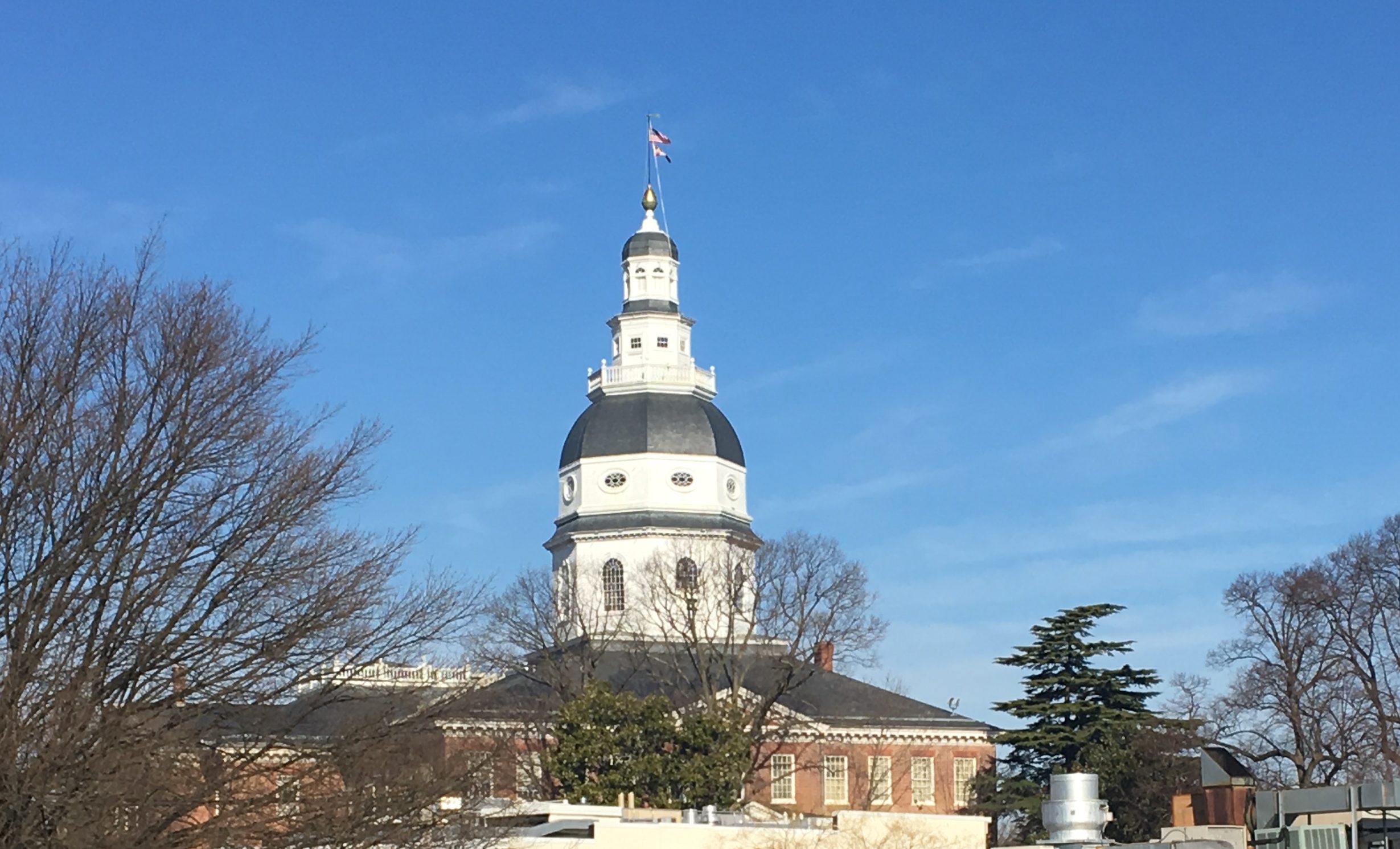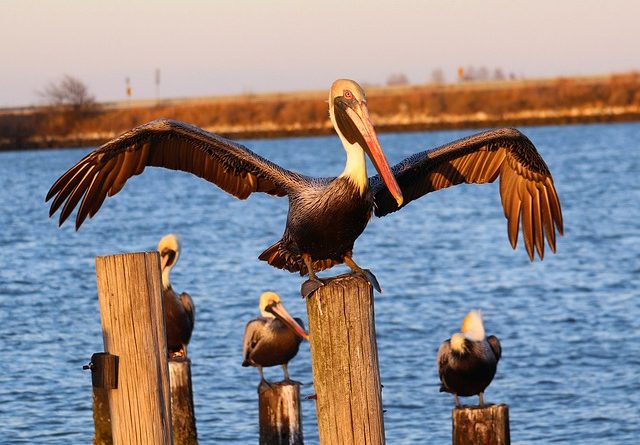Cardin introduces bipartisan bill to fund coastal habitat conservation program
By YESENIA MONTENEGRO
WASHINGTON – Marking American Wetlands Month, Sens. Ben Cardin, D-Maryland, and Lindsey Graham, R-South Carolina, have reintroduced legislation aimed at continuing conservation programs at two dozen coastal areas, including the Chesapeake Bay.
The Senate and House bills would give statutory authority to, as well as fund, the U.S. Fish and Wildlife Coastal Program, which is voluntary and partnership-based. The program focuses on 24 priority coastal areas along the Atlantic and Pacific Oceans, the Gulf of Mexico, the Great Lakes, and the Caribbean. First established in the Chesapeake Bay in 1985, would receive between $20 million and $25 million from fiscal 2024
While the Coastal Program does not have a position on the latest legislation, Stephen Guertin, deputy director for program management and policy for the U.S. Fish and Wildlife Service, previously testified in support of the Coastal Habitat Conservation Act of 2021 at a committee hearing.
“These (the Coastal Program’s) projects provide lasting benefits to coastal communities by employing contractors and stimulating local economies, restoring coastal wetlands that support commercial and recreational fisheries, improving water quality, and increasing opportunities for hunting, fishing, and wildlife observation,” Guertin said during his testimony in 2022.
“The Coastal Program is one of the U.S. Fish and Wildlife Service’s most effective and proven initiatives, bringing together public and private partners to voluntarily protect and improve coastal habitats,” González-
The program is also unique in its ability to provide both financial and technical assistance to third-party land acquisitions in order to protect habitats.
“The Fish and Wildlife Service Coastal Program has been around for several decades but has gone unauthorized, which means that each and every year Congress has to come back and determine an appropriate funding level and appropriate funding for it,” said Allison Colden, Maryland executive director of the Chesapeake Bay Foundation, established in 1966 to focus on improving water quality and habitat of the Bay.
Programs that are authorized and have funding set out in advance are better able to plan for the future, Colden said. For programs whose authorization has expired, like the Coastal Program, this can be more challenging.
Through this latest legislation, the program would receive more funding from the government than it has in previous years.
“The other thing is to think about how well this program leverages outside funding and the fact that they’re able to achieve such great projects and such great work throughout the entire country, with just that little amount of funding,” Colden said. “It’s an extremely cost-effective program that helps bring in dollars and consolidate dollars from other areas to support the federal investment.”
“With increasing pressures from climate change, sea level rise, land development, pollution, and habitat fragmentation, this program is more important than ever,” Kathy Tsantiris, associate director of government relations at Ocean Conservancy, said in a statement. “Congress should act swiftly to pass this bipartisan and bicameral legislation, which will authorize the Coastal Program in perpetuity with regular appropriations.”

Capital News Service is a student-powered news organization run by the University of Maryland Philip Merrill College of Journalism. With bureaus in Annapolis and Washington run by professional journalists with decades of experience, they deliver news in multiple formats via partner news organizations and a destination Website.

